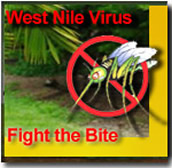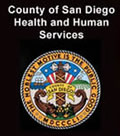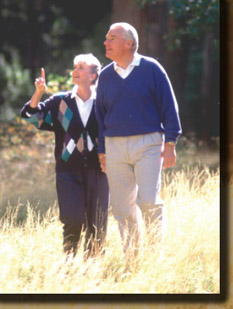NO ONE IS SAFE FROM WEST NILE
,,,,,West Nile virus (WNV) can infect anyone. Since 1999, WNV infections have been found all over the United States. The virus has claimed victims of all ages and health status. People over the age of 50, and those with weak immune systems are at a higher risk for acquiring WNV. .....However, a recent study conducted by the California Department of Health Services found that people with diabetes and high blood pressure were also more likely to develop serious cases of WNV. Diabetics were four times more likely to have serious complications from WNV and people with high blood pressure were two times more likely to have serious complications from WNV. ....No one knows exactly why diabetics and people with high blood pressure are at greater risk for severe problems. However, Dr. Carol Glaser, Chief of the Viral Disease Laboratory branch at the state Department of Health Services has a few ideas. People with diabetes and high blood pressure often have weakened blood vessels. These weakened blood vessels may allow the virus to pass through the blood-brain barrier and attack the brain and the central nervous system. Another possibility is that changes in the immune systems of diabetics may allow the virus to overwhelm the body’s natural defenses. ....Most of people infected with West Nile do not develop any symptoms at all. About 20% of those infected may develop West Nile Fever, which can cause flu-like symptoms. Less than 1% of those become seriously ill with cases of meningitis or encephalitis. Unfortunately, West Nile virus is here to stay, but the good news is that there are many simple steps you can take to protect yourself from mosquito bites: • Mosquitoes need water to breed, so get rid of standing water around your home. Clean, drain, or drill holes into, anything that can hold water for more than five days, such as buckets, clogged rain gutters, old tires, plant saucers, pots, pet dishes, and children’s toys. To help “Fight the Bite” or to learn more about West Nile virus, mosquitoes, mosquito fish, and to report dead birds, green pools and mosquito breeding sites, visit the County of San Diego’s Vector Control Program website, or call: 1-888- 551-INFO (4636). |
||
|
About Us | Privacy Policy | Disclaimer | Contact Us TEL. 619-427-4111 EMAIL: health@infooption.com Salud + Health Info is for information and educational purposes only. You should not rely on this information as a substitute for personal medical attention, diagnosis or hands-on treatment. If you are concerned abut your health or that of a child, please consult your family’s physician or health provider immediately and do not try and diagnose yourself. Copyright © 2001-2008 Info Option Network |
||
Bienvenido a la primer revista dedicada al cuidado de la salud
 info
info
The first, the best & the only English & Spanish Magazine in San Diego, California
|
Vector Control Program |
 |
| Esta página en ESPAÑOL |
| • West Nile Virus |
| Protecting Yourself from West Nile Virus |
| No One is Safe from the West Nile Virus |
| Don’t become a mosquito’s next blood meal |
| Prevent! Protect and Report West Nile Virus! |
| Safety When Using DEET |
| • San Diego Up date |
| WNV ACTIVITY IN SAN DIEGO |
| West Nile Victim Joins County's Fight Against Virus |
| • Other Sources |
| CDC Fact Sheet: What You Need To Know |
| U.S. WNV ACTIVITY Includes human disease cases reported to CDC |
| • More on Outdoors Safety |
| Poisoning Plants |
| More about outdoors |
| • Indoors safety |
| Fire Prevention (Red Cross) |
| Food Recalls & Alerts(FDA) |
| Food poisoning |
| Safe Food Handling |
| • Other seasonal info |
| Fireworks injuries |
| Safety Around the Water |
| Sun Safety |

